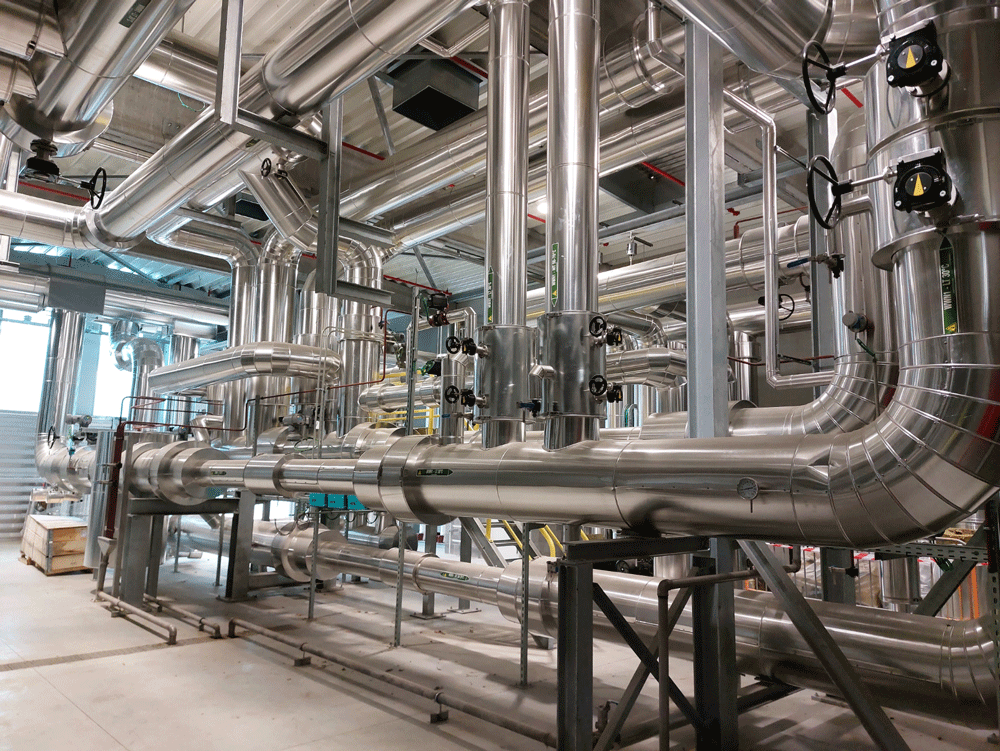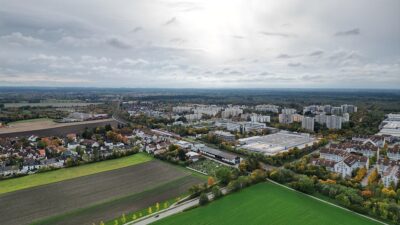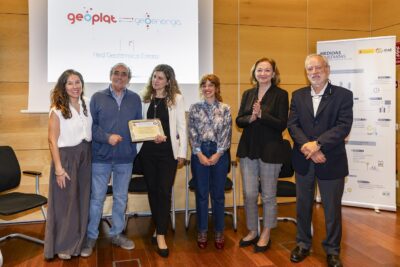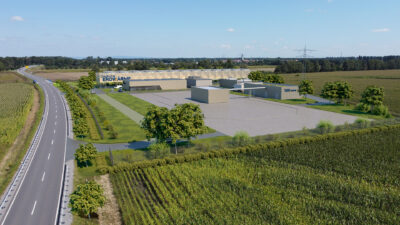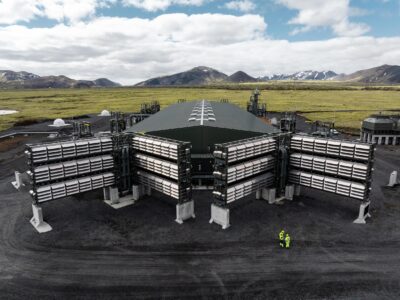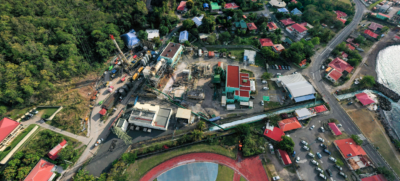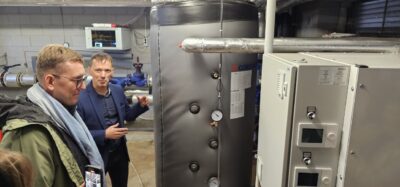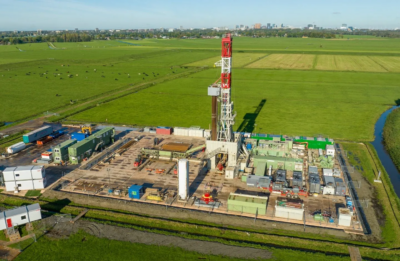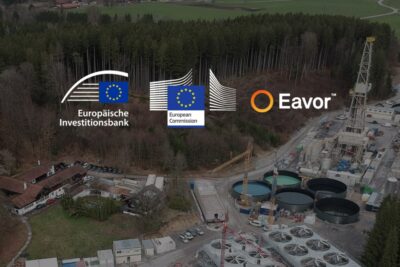Janssen Pharmaceutica’s geothermal heating project inaugurated in Beerse, Belgium
The geothermal heating plant at the Beerse Campus of Janssen Pharmaceutica in Belgium will provide clean and sustainable heating to its production processes.
The geothermal heating plant of Janssen Pharmaceutica in its Beerse Campus in Belgium has been officially inaugurated. With this development, the pharmaceutical company expects to reduce its CO2 emissions from its activities in Belgium by about 30%. Belgian Janssen Pharmaceutical is part of the Johnson & Johnson group.
Plans for this geothermal heating project were first announced in mid-2018, and drilling operations started by the end of 2019. The project has been set up to support Johnson & Johnson’s pledge to reduce carbon emissions by 20 % by 2020 and 80 % by 2050. Janssen is the first industrial player in Belgium to apply deep geothermal energy on this scale for its own energy needs.
The geothermal facility in Beerse pumps hot water at 85 °C from a depth of 2.4 kilometers. The heat is then extracted via a heat exchanger and distributed over a 3.5-kilometer heat network. The provides clean and sustainable heat to the buildings and production processes of Janssen Pharmaceutica. The cooled water is then reinjected back to the same groundwater layer.
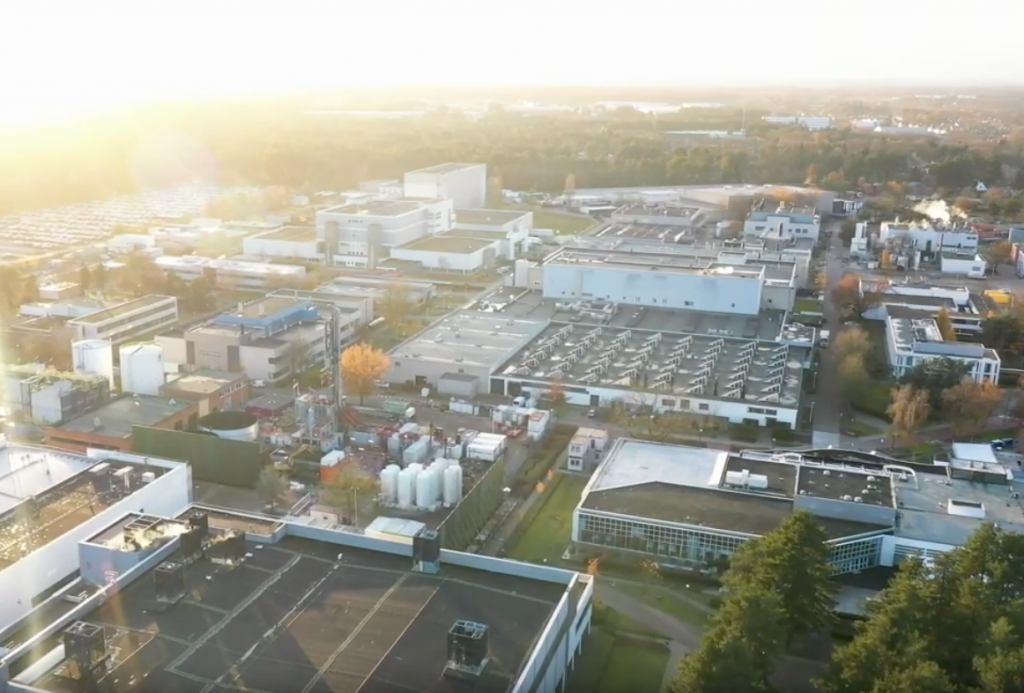
A European partnership
The Janssen geothermal project was realized partly thanks to financial support from Flanders (the Flemish Energy and Climate Agency, the Flemish Agency for Innovation and Entrepreneurship) and from the European Union (EUR 1.5 million from the European Regional Development Fund, ERDF Flanders ). This project exemplifies the principle of shared management – where the private sector, regional governments, and the EU unite to drive an initiative.
The European Union has set ambitious targets, aiming to reduce greenhouse gas emissions by at least 55% by 2030 and achieve climate neutrality by 2050. Furthermore, the European Green Deal positions the EU as a leader in climate-friendly industries, clean technologies, and green financing, contributing to a decrease in greenhouse gas emissions while bolstering economic growth and fostering innovation in European businesses. The Janssen geothermal plant, co-funded by the EU, is a tangible example of how such goals can be effectively pursued.
Source: European Commission and Janssen
